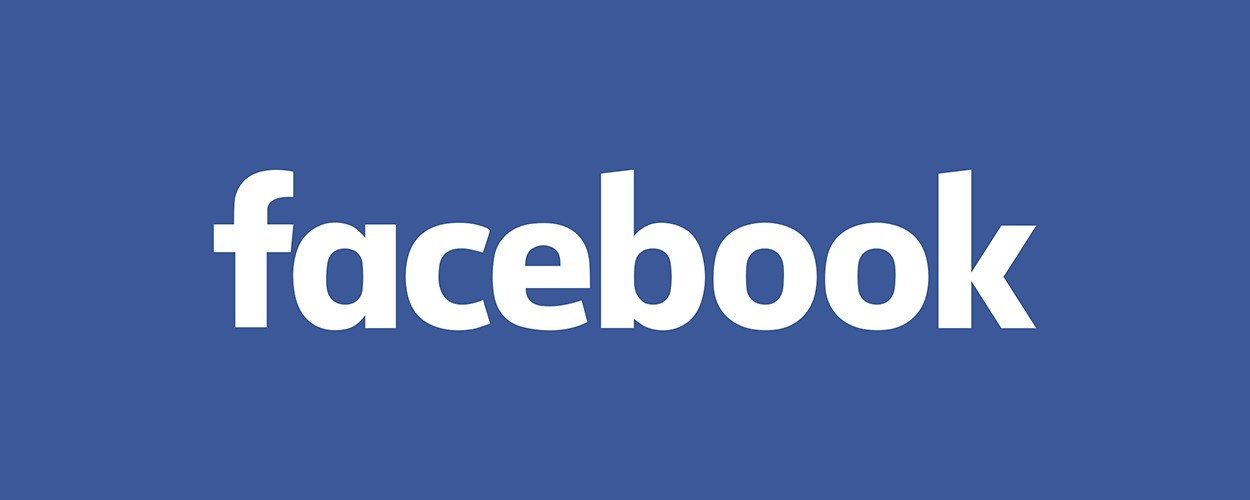This website uses cookies so that we can provide you with the best user experience possible. Cookie information is stored in your browser and performs functions such as recognising you when you return to our website and helping our team to understand which sections of the website you find most interesting and useful.
Business News Digital Labels & Publishers
Facebook launches Music Revenue Sharing scheme on user-uploaded videos
By Chris Cooke | Published on Tuesday 26 July 2022

Facebook yesterday announced a new scheme called Music Revenue Sharing, which will allow creators monetising their videos on the social media platform to use commercially released music, with any ad income generated around those videos shared out between the video maker, Facebook owner Meta, and the record labels, music distributors, music publishers and collecting societies with an interest in the featured music.
In the words of a Facebook blog post: “With Music Revenue Sharing, video creators can create and share videos featuring music from an expansive catalogue of licensed songs without worrying if the music has been licensed by rightsholders. Video creators will receive 20% revenue share on eligible videos, with a separate share going to [the music] rightsholders and to Meta”.
There are plenty of limitations on the scheme at launch. So, “all content created must satisfy Facebook’s monetisation policies, Community Standards and music guidelines”, and “to be eligible for Music Revenue Sharing, video creators must be eligible for in-stream ads and meet our monetisation eligibility standards”.
Plus “the Facebook video should be 60 seconds or longer and uploaded to a Facebook Page”, and “the featured song must be covered in the Licensed Music library, which contains all eligible songs for Music Revenue Sharing”, and “there must be a visual component in the video”.
But, presumably, the scheme will become more flexible, and will be rolled out to other Meta products and platforms, down the line. And either way, the development has sparked interest in the music community – partly because it might encourage more creators on Facebook to use commercially released music rather than production music – plus it’s Meta seemingly moving to a direct ad revenue share arrangement with the music industry.
To date, platforms like Meta have tended to do lump sum deals with record companies, music distributors, music publishers and collecting societies, whereby each licensing partner gets a set sum of money per licensing period, rather than income being directly linked to the use and plays of their music.
But, as social media platforms have evolved and enhanced their content uploading tools – and how those tools utilise music – there have been calls from some parts of the music community for those platforms to move to more of a revenue share model – the assumption being that will be more lucrative.
The latest music innovation from Facebook follows production music company Epidemic Sound suing Meta last week over allegations of copyright infringement and Kobalt pulling its songs from all the Meta platforms in the US having failed to agree terms for a new licensing deal.
Those developments suggested Meta might be in for some top quality dissing from the music community in the months ahead, but this new scheme might placate some possible critics.
Although YouTube has shared ad income from user-uploaded videos containing music with the music industry for years and years now, and that didn’t stop it being enemy number one of the music community for a time in the late 2010s. So we’ll see.
Meanwhile, the Facebook blog post continues: “Music Revenue Sharing will start rolling out today to video creators globally. To start, eligible videos will monetise from in-stream ads in the US, with expansion to the rest of the world where music is available on Facebook in the coming months. We’ll continue to work with our music partners to expand the Licensed Music library to include more licensed songs from your favourite artists and evolve the experience”.
“These efforts will help bring creators and the music industry closer together, leading to more authentic connections with fans”, it then muses, before concluding: “We’ll also gather feedback from video creators to ensure that we’re delivering on their needs. And over time, we’ll build out more ways for people to share, discover and connect through videos on Facebook”.





